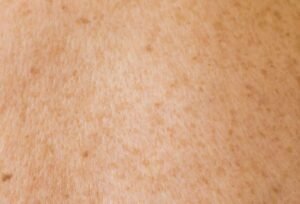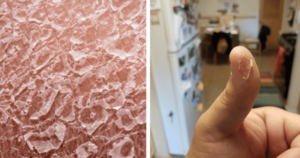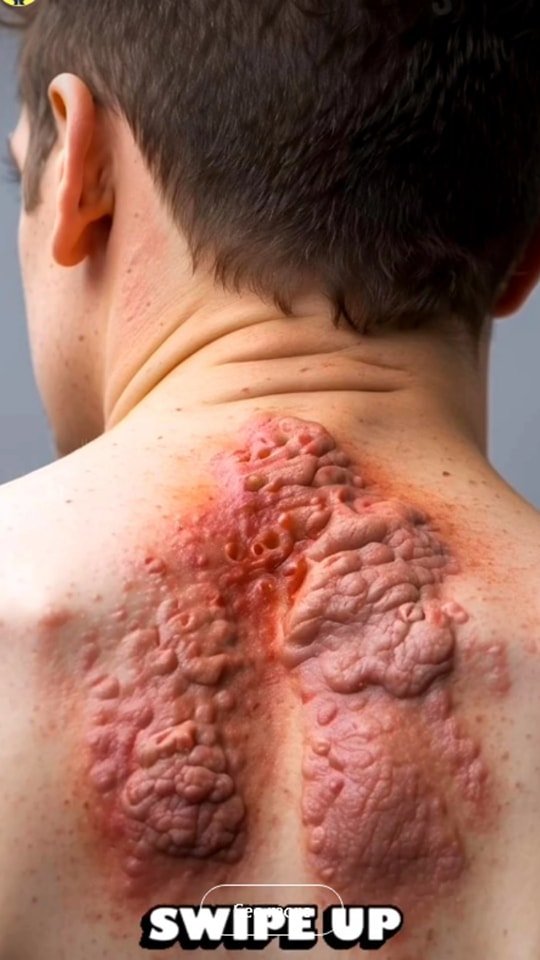Discover how skin signals can aid in accurately diagnosing critical diseases, leading to timely treatment and improved outcomes.
Beyond acne, severe disorders might manifest through skin signs. Ignoring skin problems for cosmetic reasons can worsen the situation. Numerous skin signals serve as red flags for underlying severe disorders.
Please note that we DO NOT provide medical advice. The information in our resources is for educational purposes only. We strongly recommend seeking the advice of a healthcare professional.
Dark Spots

The presence of unexpected dark patches on your skin may indicate adrenal insufficiency (Addison’s disease). However, this is not always the case. Other symptoms include muscle/joint pain, loss of appetite, low blood pressure, and low sugar levels. If you notice any of these symptoms, contact your doctor immediately.
Discoloration

Have you ever noticed white patches on your skin? This could be vitiligo, a condition where melanocytes stop producing pigment. If you have this issue, consult an endocrinologist or dermatologist for a proper diagnosis and treatment.
Rashes

Rashes often signal underlying problems. Persistent and severe rashes, whether caused by food, medication, or contagious infections such as chickenpox, should be evaluated by a doctor. Certain disorders, such as Stevens-Johnson syndrome or Lyell’s syndrome, can be life-threatening. If an adult contracts chickenpox, they should seek medical attention immediately.
Edemas

You should see an endocrinologist if you experience daily edemas, as it could indicate hypothyroidism. This condition, characterized by insufficient hormone production, can lead to dry skin, hair loss, weight gain, and other symptoms. If you have any of these symptoms, seek medical care.
Moles

New moles can develop on our bodies for various reasons, including genetics. While most moles are harmless, it is crucial to seek medical advice if you notice rapid growth, pain, or significant changes in color and size.
Acne

Acne is a common skin condition caused by excess skin oil, hormonal imbalances, or digestive issues. Adopt a good skincare routine and seek personalized advice from a doctor to effectively manage it.
Flaking

Flaking can occur due to various factors, including vitamin deficiencies, hormonal imbalances, allergic reactions, and certain diseases. When severe symptoms accompany it, it may indicate a serious underlying condition.
Excessive Sweating

Excessive sweating could be a sign of Graves’ disease, an autoimmune disorder affecting the thyroid. This can result in thinner skin and chronic itching. If you notice these symptoms, seek medical assistance immediately.
Did you know that skin indicators can help detect these dangerous diseases? Share your thoughts in the comments section below!



